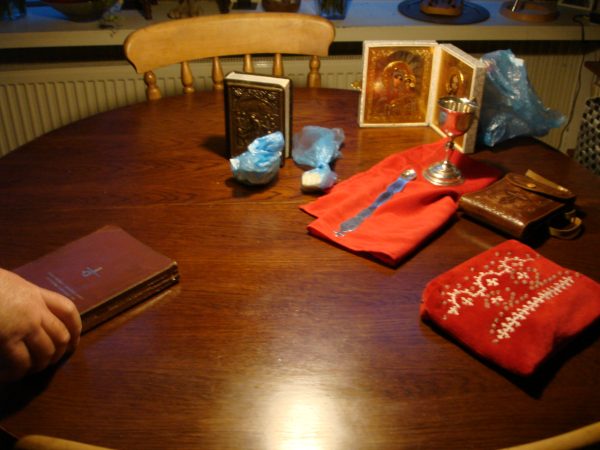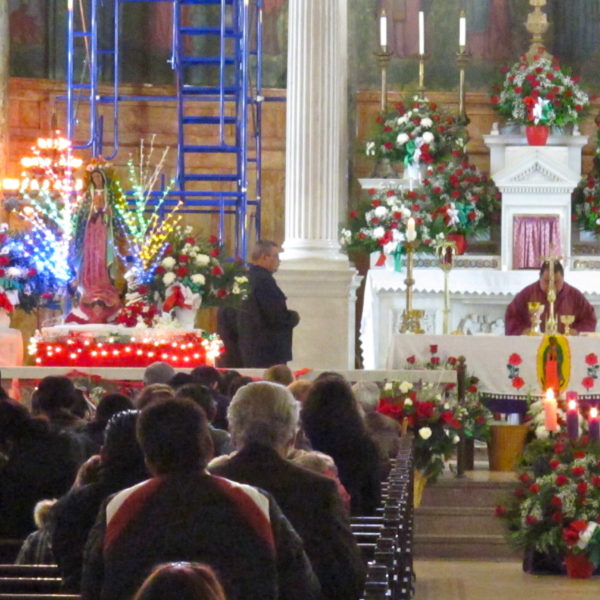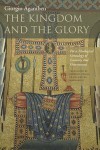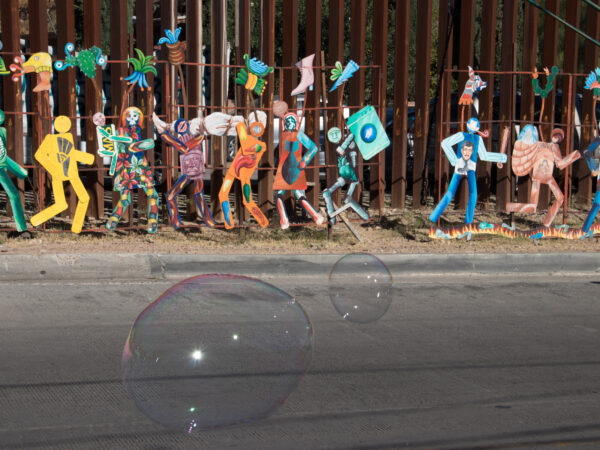
In turning away from more abstract debates about liturgy to those that center on its lived and material dimensions, we hope to enliven a conversation about ‘lived liturgy’ to consider what practices uphold, challenge, or fail to account for the global political order.
. . . The concept undeniably has a certain appeal, and few slogans are better calculated to capture the imaginations of the young and disaffected than “Towards eucharistic anarchism” (Bill Cavanaugh’s phrase in Radical Orthodoxy) and other such brazen assertions of liturgical politics. But in all the talk of eucharistic politics, a surfeit of aesthetic appeal seems to have usually compensated for a shortfall of logical clarity.

The original unifying function of liturgy becomes lost if we begin to dehistoricize liturgy by shopping among the traditions. Like consumerist postmodern culture, the Emergent Church shops among traditions for forms of spirituality that are useful and pleasurable and incorporates them into general western, melange of religious items….

As the humanities have rediscovered religion, new sorts of questions are being asked about religion and politics. Religion is no longer imagined as a check box, as the social sciences would like to see it: something you have or don’t, something that comes in one of several flavors of belief. Now that religion is not only about belief but about practices and ideas, with histories, intertwined with other practices and ideas, the intersection of religion and politics is no longer a point, but a varied terrain with multiple dimensions. […]


